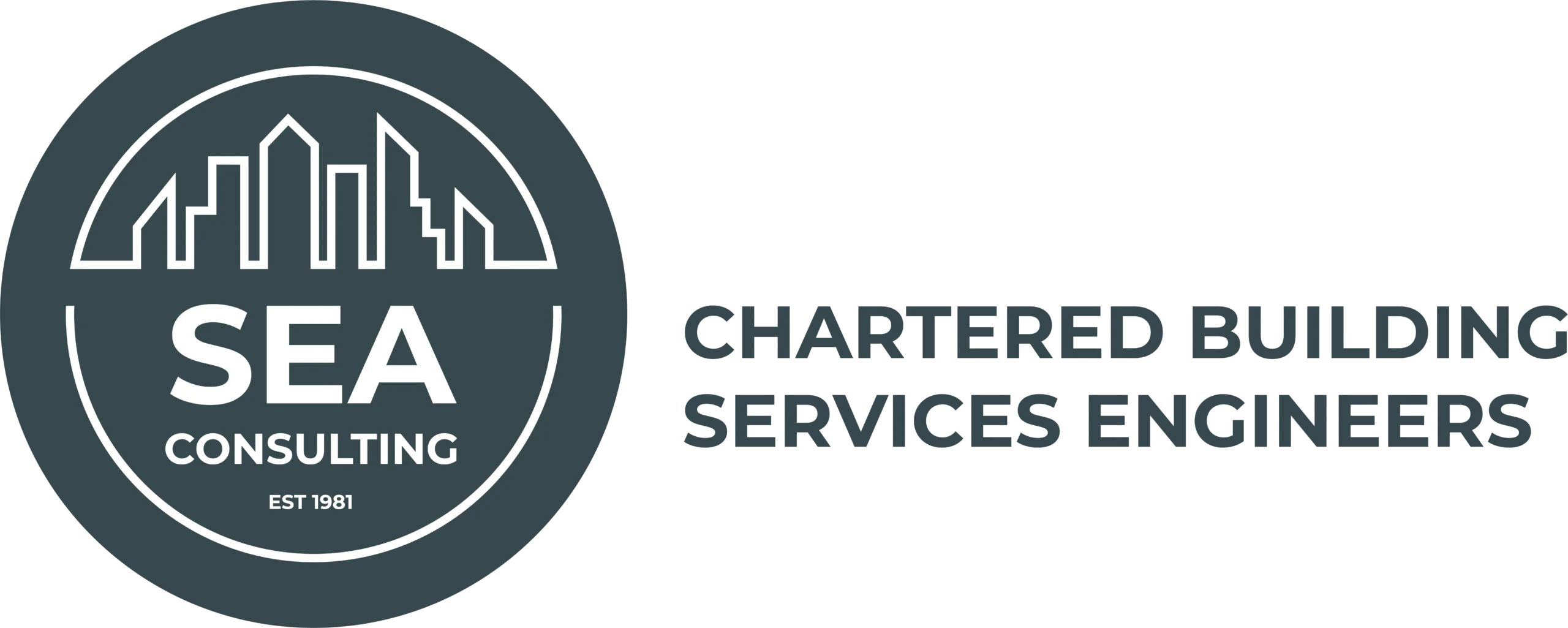In the dynamic landscape of property management and real estate, staying abreast of regulatory changes is crucial for landlords, property owners, and investors. One such pivotal regulation is the Minimum Energy Efficiency Standards (MEES), designed to enhance energy efficiency in the built environment. In this article, we delve into the intricacies of MEES, emphasizing its significance and exploring the imperative of compliance.

What Are MEES?
The Minimum Energy Efficiency Standards (MEES) were introduced by the UK government to address the environmental impact of inefficient buildings. These standards set a baseline for energy performance in the non-domestic and domestic private rental sectors. Implemented in 2018, MEES dictate that landlords must ensure their properties meet a minimum Energy Performance Certificate (EPC) rating, typically an ‘E’ rating or above.
Importance of Compliance
- Environmental Responsibility: MEES align with the global push for sustainable practices. Complying with these standards showcases a commitment to reducing carbon emissions and mitigating climate change. It positions property owners as responsible stewards of the environment.
- Cost Savings: Energy-efficient properties often result in reduced utility costs. By investing in improvements to meet MEES, property owners stand to benefit from lower energy bills, contributing to long-term cost savings and increased property value.
- Marketability: In an era where eco-consciousness is a key consideration for tenants and buyers, MEES compliance enhances a property’s marketability. Adhering to these standards demonstrates a commitment to quality and sustainability, attracting environmentally conscious tenants and potentially increasing property demand.
- Avoiding Penalties: Non-compliance with MEES can lead to significant financial penalties. Understanding and meeting the required standards help property owners avoid fines and legal consequences, safeguarding their financial interests.

The Road to Compliance
Achieving MEES compliance involves a strategic approach that encompasses energy-efficient upgrades, comprehensive property assessments, and a commitment to ongoing improvements. Here are key steps to ensure compliance:
- Energy Audits: Conduct thorough energy audits to identify areas for improvement and assess the current energy performance of the property.
- Investment in Efficiency Measures: Implement energy-efficient measures such as insulation, energy-efficient heating systems, and double-glazed windows to enhance the EPC rating.
- Regular Monitoring and Maintenance: Continuous monitoring and maintenance are essential to sustaining energy efficiency. Regular assessments ensure that the property maintains compliance over time.
- Professional Guidance: Seek guidance from energy experts and consultants to navigate the complexities of energy-efficient upgrades and compliance requirements.

MEES represent a crucial component of the evolving landscape of property management and environmental sustainability. The importance of compliance cannot be overstated, considering the environmental, financial, and legal implications associated with non-compliance. As the property sector continues to evolve, embracing energy efficiency through MEES compliance is not just a legal requirement; it is a strategic investment in the future of real estate.
By understanding the intricacies of MEES and taking proactive steps towards compliance, property owners can not only meet regulatory standards but also position themselves as leaders in sustainable and responsible property management. As the real estate market continues to prioritize environmental considerations, MEES compliance becomes a key differentiator, shaping the industry’s future and contributing to a more sustainable built environment.

